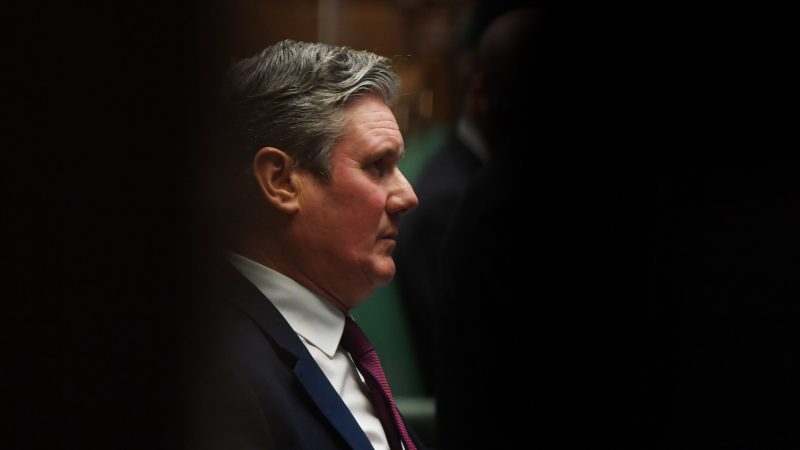
Keir Starmer has done incredible work turning back antisemitism in the Labour Party. That he has done so in a few short years is even more compelling. But there is work that remains to be done: by linking the struggle against anti-Jewish bigotry with similar campaigns against other forms of bias, from racism to ethnocentrism, Islamophobia to anti-immigrant bias, a better outcome can be achieved. After all, each of us is safer when all of us is safer.
I am chairing a virtual event on Friday with the world-renowned scholar and US special envoy on monitoring and combatting antisemitism, Ambassador Deborah Lipstadt. The event is hosted by the Concordia Forum – a global network of leaders of Muslim background – where I serve as President. At the forum, we have dedicated immense time and energy to calling out hate against Muslims. And to calling out hate by Muslims. There is no room for double standards.
Of course, I am not opposed to principled criticism and necessary debate. Pluralism is a virtue, after all, and democracies cannot remain egalitarian and accountable if we do not have cultures of transparency. But to keep that criticism grounded, meaningful and positive, we must always guard against hatred. The Jewish community in Britain is not accountable for the actions of Israel any more than the Muslim community is for Muslim-majority nations simply because of shared religious traditions.
That holds more broadly, too; the British Chinese community is not responsible for the treatment of Uighur Muslims, British Hindus are not responsible for sectarian tensions in South Asia. That is vital to point out, not least because underhanded actors will always try to use politics in one place to drive their agenda in another. Conflicts abroad deserve attention and consideration. They do not however need to be mapped onto our domestic life, reproduced as if we did not live elsewhere, with different concerns, priorities and ways of looking at the world. The dangers of so doing are hard to overstate. For now and for the future.
Britain is an incredibly diverse country. That is part of our long-term strength and success. So much of what we see as quintessentially British, from a cup of tea in the morning to a chicken tikka masala in the evening, has in fact been borrowed from afar. So too our population, which consists of recent immigrants and those who can trace their lineage back to William the Conqueror (who, let’s not forget, was himself an immigrant). These differences can be sources of our resilience and confidence. Or they can weaken, undermine, and paralyse us. The choice is up to us.
Leaders in all communities must model a moral way forward; to preach without practicing is the height of hypocrisy. Even as many Muslims share legitimate and needed criticisms of Israel, sometimes these are hijacked by those whose actual interest is bigotry, bias and even violence. We must learn the difference between disagreement and invective, between differing and dividing, and we have to project a coherent, reasonable and attractive mode of substantive debate to hold up as the best way forward.
And if human nature is inescapable, if hate is one of those vices we can never be entirely free from, that only means we must invest in continuing the work, day in and day out. At keeping our guard up. At paying attention to the quality and direction of the discourse in our communities and in our country. Friday’s conversation with Ambassador Lipstadt is one in a series of dialogues that did not start here and will not end here, an opportunity to model and project courageous conversation.
It will only be by promoting this work that the UK can take full advantage of our diversity – unlocking the talents of all of us. And that means inviting all of you to join us. Whether for this public conversation – or by sharing how this work unfolds in your own contexts and circumstances.




More from LabourList
Joani Reid resigns Labour Party whip after husband accused of spying
‘Labour won’t win back left defectors with squeeze messaging alone’
‘Help shape the next stage of Labour’s national renewal through the 2026 NPF consultation’